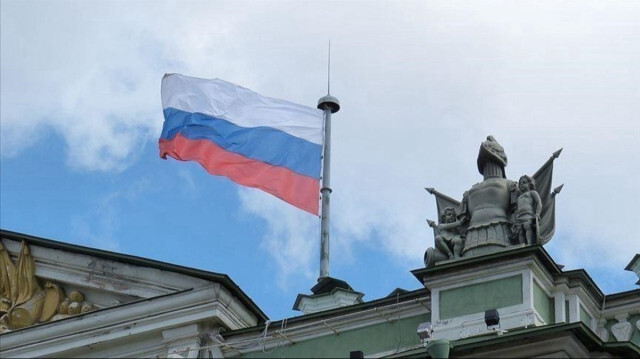
Borrell's remarks on absence of obstacles for export of Russian agricultural products 'fake,' says Foreign Ministry spokeswoman
Russia on Wednesday said EU's top diplomat, Josep Borrell, "lies" when he says sanctions on Moscow do not affect global food security.
Commenting in a statement on Borrell's article on the Black Sea Grain Initiative, the deal from which Russia pulled out because of export restrictions on its food and fertilizer, Foreign Ministry spokeswoman Maria Zakharova said: "The world community should hold (Josep) Borrell to account for the spread of lies."
She pointed out that Borrell did not support his statements with facts when he said Russia benefited from the July 2022 grain deal, and argued about the effect of the EU sanctions against Russia on global food security.
Zakharova dubbed Borrell's remarks as "disinformation and fake," saying the termination of the agreement limits the EU's possibilities "to replenish its own coffers and quietly and with impunity to profit from the most vulnerable states, enriching themselves at their expense by reselling cheap Ukrainian grain."
The official emphasized that Borrell said nothing about countries in need, which did not receive Russian and Belarusian fertilizers due to EU sanctions, as well as about its "long-term destructive consequences" for global food security.
She called on the EU to "either stop purposefully destabilizing global food markets by introducing more and more restrictions on Russian and Belarusian agricultural products, or stop pretending to be a proponent of ensuring global food security."
On July 17, Russia suspended its participation in the Black Sea grain deal, saying the Russian part of the agreement was not implemented. It sought the loosening of banking restrictions and the ability to ship its fertilizer before returning to the agreement.
The agreement, signed in Istanbul by Türkiye, the UN, Russia, and Ukraine, was aimed at resuming grain exports from Ukrainian ports halted due to the Ukraine war, which began in February 2022.
Türkiye has tried to restore the deal, saying Western countries should address Russia's complaints.
Hello, the comments you share on our site are a valuable resource for other users. Please respect other users and different opinions. Do not use rude, offensive, derogatory, or discriminatory language.
The floor is all yours.








